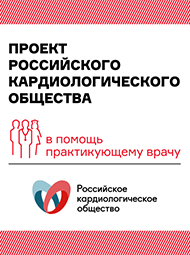Older adults face increased risk of stroke after shingles
Herpes zoster or shingles increased the short-term risk for stroke among older adults, according to data published in Mayo Clinic Proceedings.
Researchers found that adults aged at least 50 years were at a 50% increased risk for stroke in the 3 months following an episode of herpes zoster.
"More than 95% of the world's adult population is infected with [varicella zoster virus], and up to one-third will develop herpes zoster in their lifetime," Barbara P. Yawn, MD, MSc, the director of research at the Olmsted Medical Center, and colleagues wrote. "Herpes zoster can be complicated by myelitis, meningoencephalitis, vasculopathy, multiple ocular disorders and giant cell arteritis."
The researchers noted that previous studies outside of the United States indicated an association between herpes zoster and stroke and myocardial infarction. They conducted a retrospective study of a population-based cohort of older adults with herpes zoster matched with a cohort of individuals from the same community.
Yawn and colleagues included adults aged 50 years and older with a confirmed episode of shingles between Jan. 1, 1986 and Oct. 1, 2011. Their final cohorts consisted of 4,862 participants with shingles and 19,433 participants matched to the shingles cohort by birthdate and sex.
Results showed that, compared with participants with no history of shingles, participants with shingles had an increased risk of stroke for 3 months following the episode (OR = 1.53; 95% CI, 1.10-2.33; P = .04).
Yawn and colleagues reported no robust associations between shingles and MI in that same time period and no associations between shingles and MI or stroke beyond 3 months.
"We found there was a 50% increased risk of stroke for 3 months after shingles, but we also found that people who had shingles had many more risk factors for stroke than those who had not, suggesting that they had worse health overall," Yawn said in a press release.
She stated that there are various hypotheses for the association, but the risk may be preventable.
"Recent studies have shown that the zoster virus appears to affect vascular tissues as well as the central nervous system and that it may therefore be a systemic illness," Yawn said in the release. "Another possible explanation is that stroke is a consequence of the inflammatory response that occurs with an acute zoster episode. This increased risk of stroke may be preventable by vaccinating against the zoster virus." – by Chelsea Frajerman Pardes
Disclosures: The authors report no relevant financial disclosures.
Source: www.healio.com






